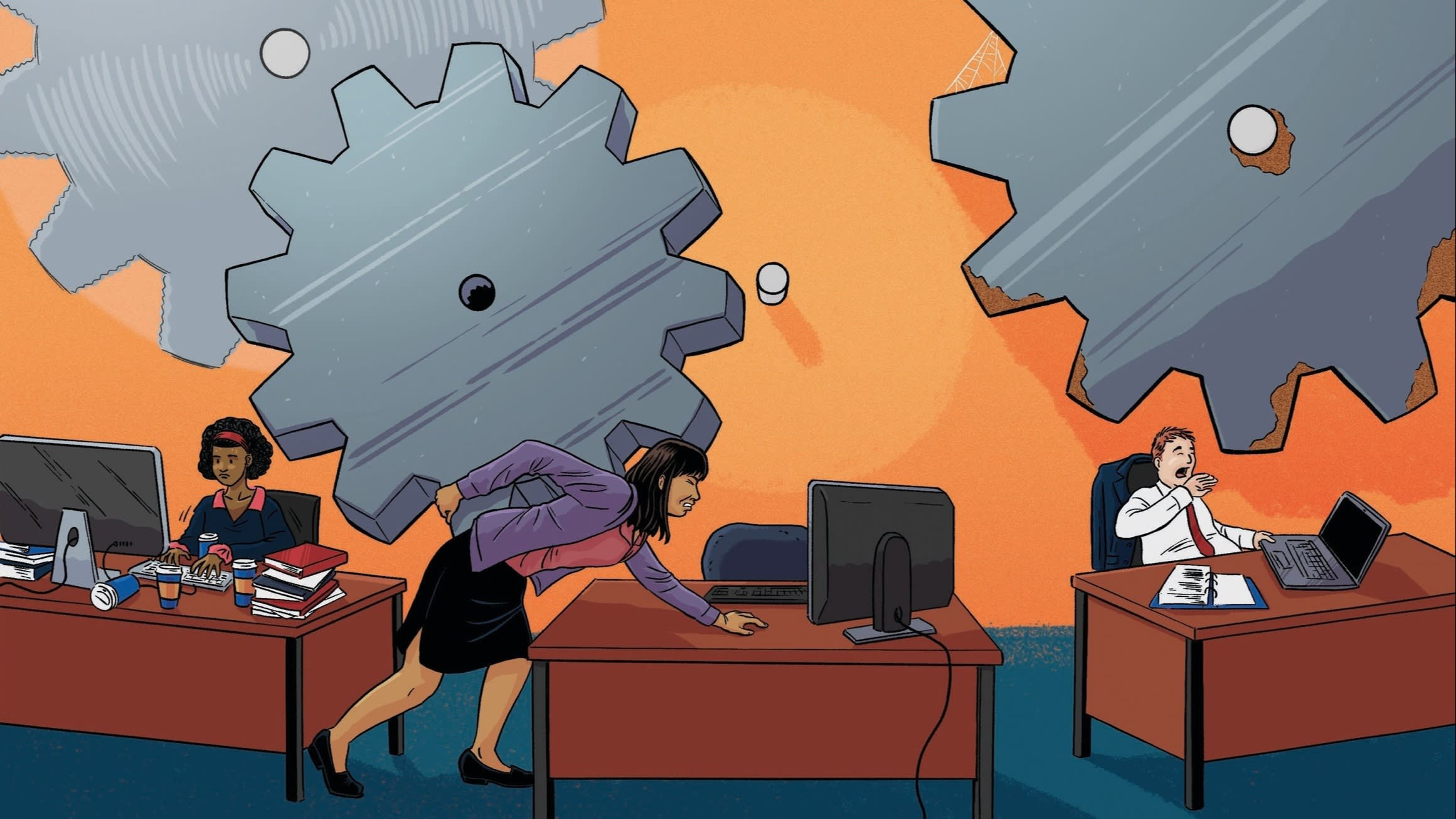Happy staff often make for satisfied shareholders, study finds
Happy employees often make for satisfied shareholders, according to a pioneering new study that shows the clearest link yet between staff wellbeing and financial performance in quoted US companies.
The analysis, conducted by academics Jan-Emmanuel De Neve and George Ward at the University of Oxford, and Micah Kaats at Harvard University, suggests that companies with greater profitability and higher stock market performance tend to have staff who report greater happiness, purpose and job satisfaction as well as lower stress.
Diana Han, chief health and wellbeing officer at consumer goods group Unilever, said the study “adds to a growing body of research demonstrating the competitive advantages of a healthy and well workforce — if we look after our people, they will look after the business.”

De Neve and his co-authors’ work is based on 15mn wellbeing surveys by employees at 1,636 publicly listed companies on the Indeed recruitment website. The site combines the survey results on work happiness, purpose, job satisfaction and stress into a wellbeing index rating. Company performance was measured using return on assets as well as market value as a multiple of asset replacement value.
The analysis showed that the wellbeing index not only correlates with gains in company performance, but is also predictive: investing $1,000 in companies with higher staff wellbeing scores in January 2021 would have generated a return of about $1,300 by the start of March 2023, compared with a return of roughly $1,100 from the S&P 500 stock index.
The authors found that company happiness scores are especially predictive of performance in the service sector and said that a “possible interpretation of this result is that employee wellbeing may be especially important for business success in consumer-facing industries”.
This story originally appeared on: Financial Times - Author:Andrew Jack



























